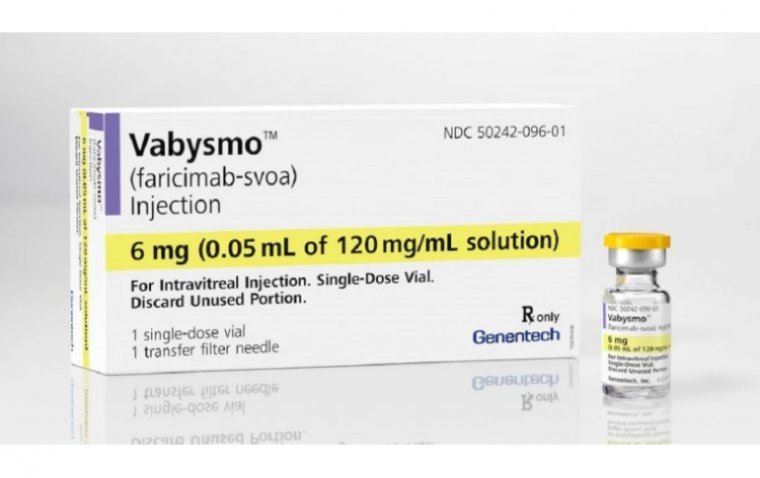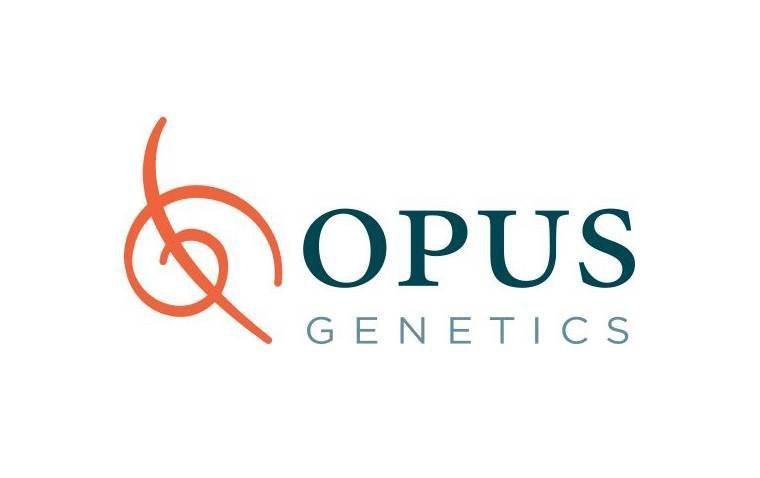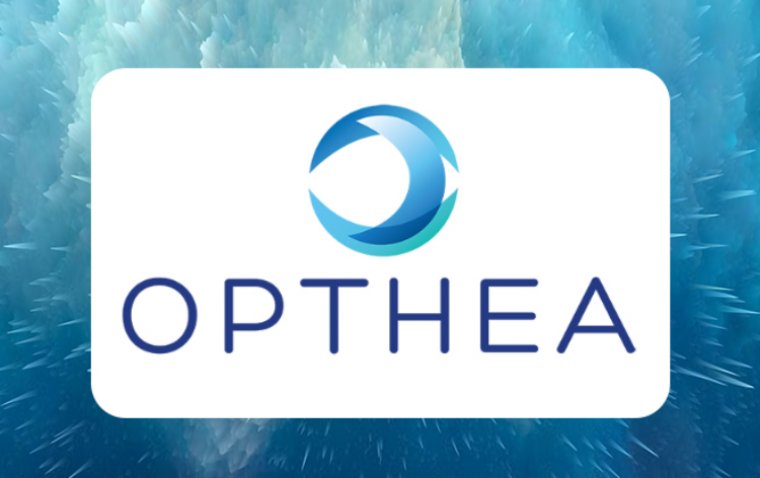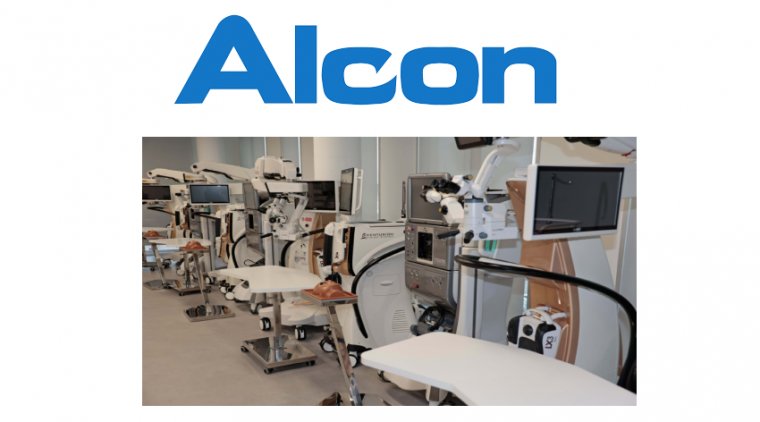
ARPA-H Awards $125 Million for Eye Transplantation Research
The Advanced Research Projects Agency for Health (ARPA-H) has announced funding of up to $125 million to support groundbreaking research into human eye transplantation. The funding, part of the Transplantation of Human Eye Allografts (THEA) program, aims to advance the development of the first complete human eye transplant, according to an official press release.
Focus on Restoring Vision
The THEA program is designed to revolutionize the field of transplantation, specifically targeting the restoration of vision for individuals who have experienced severe vision loss.
“THEA intends to revolutionize the reconnection of nerves to the brain and develop breakthroughs in transplantation, preservation, and neuroscience,” said Renee Wegrzyn, PhD, director of ARPA-H.
“ARPA-H’s investment has the potential to repair vision loss for millions of Americans.”
Recipients of THEA Funding
The funding has been awarded to four leading research teams, each contributing unique expertise to tackle the complex challenges of eye transplantation:
1. InGel Therapeutics
Focused on groundbreaking approaches in transplantation and nerve reconnection.
2. Stanford University
Advancing cutting-edge research in the preservation and functional integration of transplanted eyes.
3. University of Colorado Anschutz Medical Campus
The team at CU Anschutz is pioneering:
• Novel stem cell and bioelectronic technologies to regenerate nerves.
• Immune system studies led by co-principal investigator Christene A. Huang, PhD, to address transplant rejection.
“Our goal is to make it easier for the body to accept the new eye without rejecting it,” Huang said. “We aim to create practical methods to manage inflammation and prevent transplant rejection.”
4. University of Miami Bascom Palmer Eye Institute
Bascom Palmer's focus lies in:
• Procurement and preservation of donor eyes.
Co-principal investigator Daniel Pelaez, PhD, emphasized the importance of interdisciplinary collaboration:
“This program represents the true power of collaborative science, bringing together experts across disciplines to confront one of the most complex challenges in modern medicine. By leveraging cutting-edge innovation in transplantation, bioengineering, and neuroscience, we are pushing the boundaries of what’s possible, with the potential to revolutionize vision restoration and transform lives.”
Transforming the Future of Vision Restoration
The THEA program stands as a testament to the power of innovation and collaboration in addressing one of modern medicine's most ambitious goals—restoring lost vision through complete human eye transplantation. By combining advances in bioengineering, neuroscience, and transplantation science, the research supported by ARPA-H is poised to transform lives and redefine what is achievable in vision restoration.
References:
Bascom Palmer receives multimillion dollar award to support functional whole-eye transplant. https://news.med.miami.edu/bascom-palmer-receives-multimillion-dollar-award-to-support-whole-eye-transplant/. Published Dec. 2, 2024. Accessed Dec. 3, 2024.
University of Colorado Anschutz Medical Campus-led team receives up to $46 million to develop innovative treatment to cure blindness. https://news.cuanschutz.edu/news-stories/university-of-colorado-anschutz-medical-campus-led-team-receives-up-to-46-million-to-develop-innovative-treatment-to-cure-blindness. Published Dec. 2, 2024. Accessed Dec. 3, 2024.
(1).jpg)










